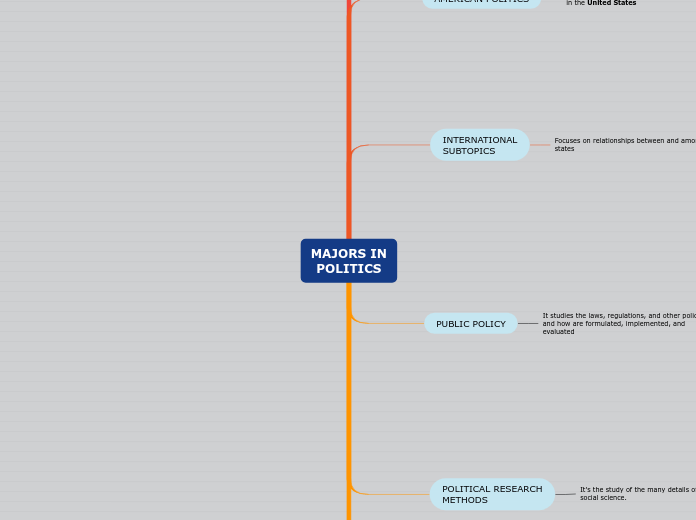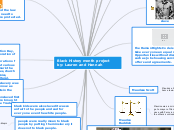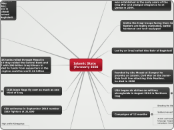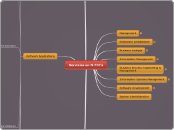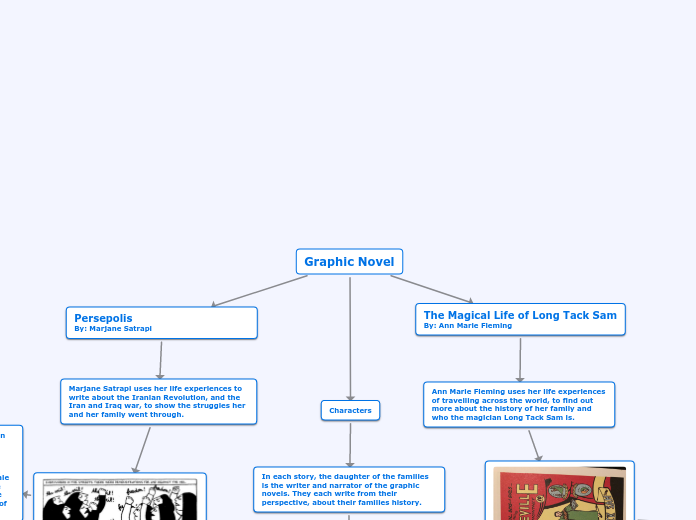MAJORS IN
POLITICS
To name your story, you have to think about the overall message and what you want your audience to understand from the story. Also, make it relevant and easy to remember.
POLITICAL THEORY
A subfield of political science that seeks to answer
Normative questions
Political theory includes the study of:
Philosophical inquiries into the ethical dimensions
of politics
Philosophies of
explanation or science
The history of political philosophy
POLITICAL RESEARCH
METHODS
It's the study of the many details of empirical
social science.
Political methods study seeks to understand the empirical research process in all its complexity
For example:
Analysis
Measurement
Data collection
PUBLIC POLICY
It studies the laws, regulations, and other policies and how are formulated, implemented, and evaluated
This subfield answers questions, like:
What should
be the standards for evaluating policies?
Why are ineffective policies sometimes continued rather than discontinued?
What contributes to a policy’s effectiveness?
How can policies be designed to meet
specific needs effectively?
What makes a new policy necessary
INTERNATIONAL
SUBTOPICS
The ending of a story is essential. We all know that if the ending is weak, what happened before loses its importance. So make it unpredictable, but fair. A resolved ending answers all the questions and ties up any loose threads from the plot.
Focuses on relationships between and among
states
Unlike comparative
politics
International relations studies what
transpires between state
It studies:
Economic pacts
Military alliances
Regional integration
International organizations
Regional relations
War
AMERICAN POLITICS
The middle of the story is where you add layers of complications that will lead to the end. Reveal more about the character's journey. Did their personality go through changes? How did they overcome the challenges? And as you build up the story’s central conflict, make it more personal to that character. Also, from the middle act, you have to lead into the final act.
Consisting of an analysis of government and politics in the United States
It encompases:
Government
Local politics
State politics
Studies of federal politics
COMPARATIVE POLITICS
In the beginning of the story (or the exposition), you will need to introduce the setting and characters. You might also want to introduce the main conflict. This part of the story is important because it gives the reader necessary background information and maybe even a first insight into a character’s personality.
Focuses on examining how different political systems
operate
It can include comparisons of systems at a macro or micro level, comparing general political structures or focusing on individual elements of
political systems
Example:
How specific rules governing campaign contributions differ from one country to the next
How democratic and authoritarian political structures differ
